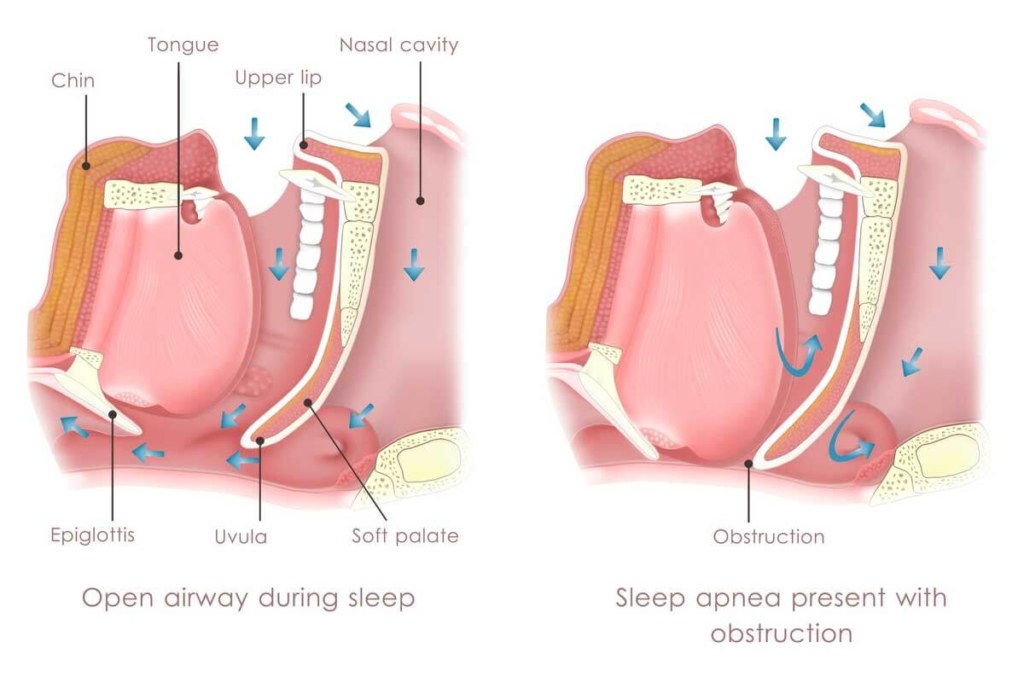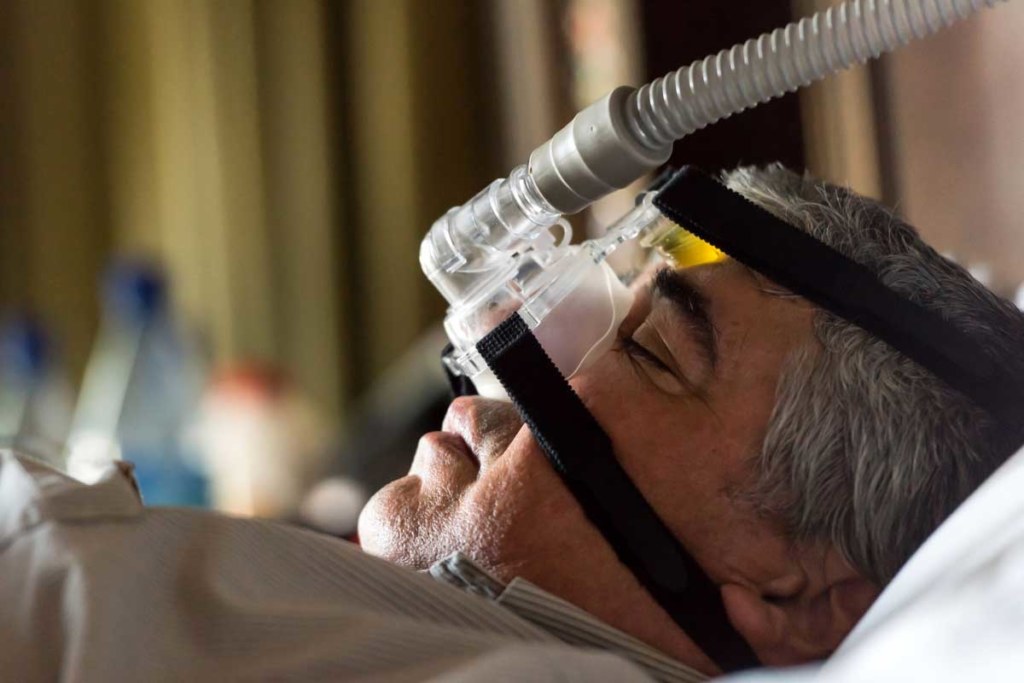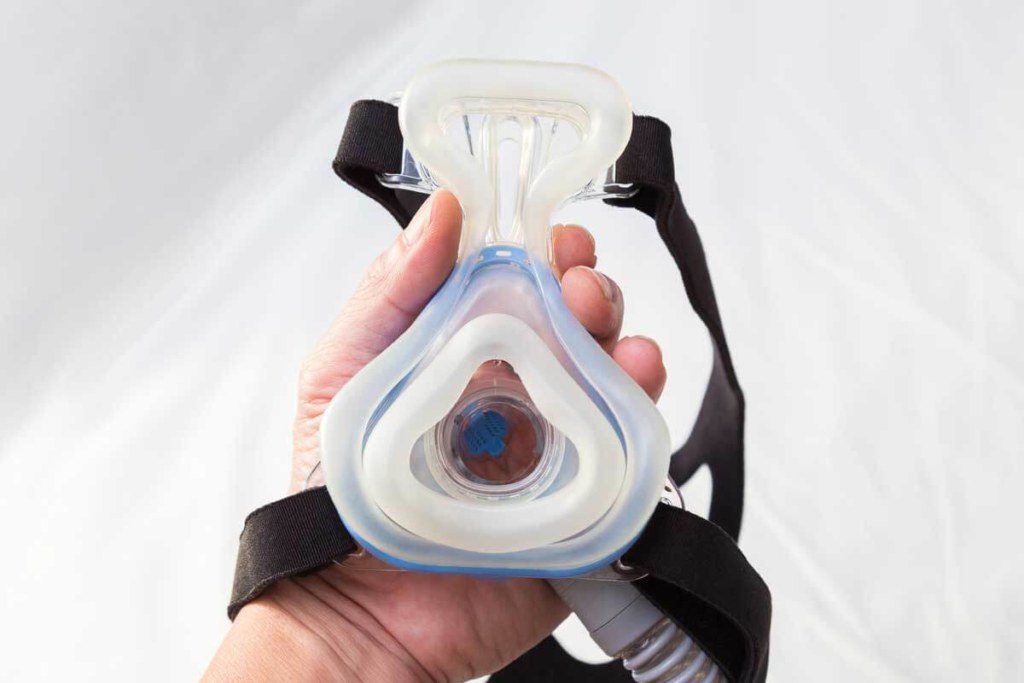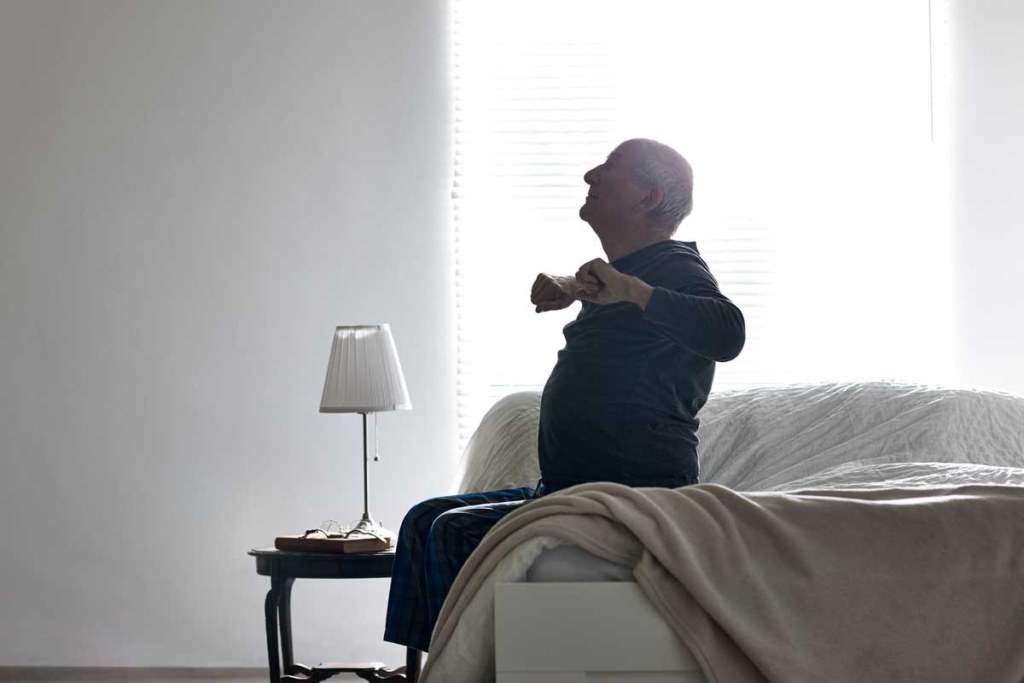The Importance of Sleep
Sleep is essential to good human health. Research in mice has even shown that sleep functions as a kind of sewer system for the brain, flushing out beta-amyloid plaques known to accumulate in the brains of individuals with Alzheimer’s. The longer you are awake, the more pressure builds up for your body to sleep —and the harder it is to be alert.
A human’s sleep-wake cycle is determined by both homeostasis (the neurobiological need to sleep) and circadian pacemaker (an internal body clock that completes a cycle every 24 hours.) There is also a light/dark cycle which generally means sleeping during the dark periods of the day and being wakeful when it is light outside. If your job or lifestyle is out of phase with this natural cycle, you will likely have problems being alert during the day.
The important thing to know about the sleep-wake cycle is that it is internal, and you cannot fight it. Sleepiness is your brain’s neurobiological response to deprivation: Sleep debt catches up with your body if you don’t get enough shuteye. That is why it is so important not only to treat sleep apnea at night, but to establish healthful habits that are conducive to getting regular, adequate sleep.

Treating Sleep Apnea
Doctors generally treat obstructive sleep apnea with a Continuous Positive Airway Pressure device (CPAP). This highly effective motorized device pumps air through a mask over your mouth and/or nose. The CPAP gently blows air into your airway and keeping it open as you sleep. Its health benefits, when used correctly and consistently, are enormous for anyone living with sleep apnea. The most important part of your treatment is to use the CPAP whenever you sleep.
Some people can treat apnea issues with surgery to remove tissue in the upper airway. Those who can’t tolerate wearing a breathing mask all night may use as mandibular advancement devices in-side the mouth at night to open up space in the airway by pushing out the lower jawbone, and they make it less likely that the upper airway collapses during sleep. But for specialists, the first-choice, most-studied remedy is CPAP. It is the established, most effective therapy for dealing with sleep apnea.
Sleep medicine is a relatively new field, and researchers are still learning about how best to treat sleep apnea. No one has proven that CPAP helps those with sleep apnea live longer per se. But studies do show it can reduce blood pressure and snoring, improve daytime sleepiness, and reduce the number of apneas at night. This pays off in better mood, productivity, and quality of life.
Untreated sleep apnea has also been linked to parasomnias which include involuntary behaviors like sleepwalking, repeated drops in blood oxygen levels), and premature death.


